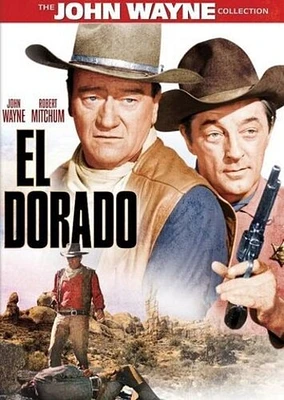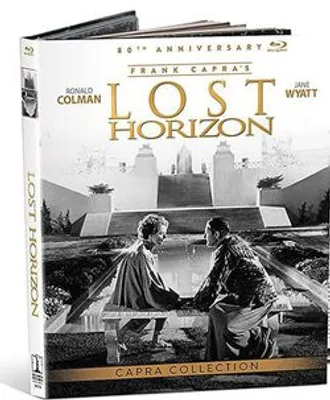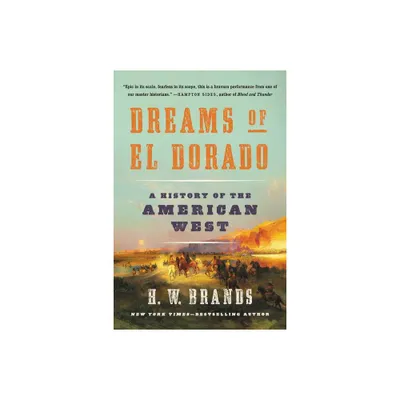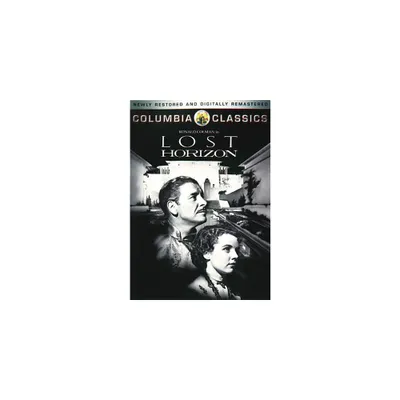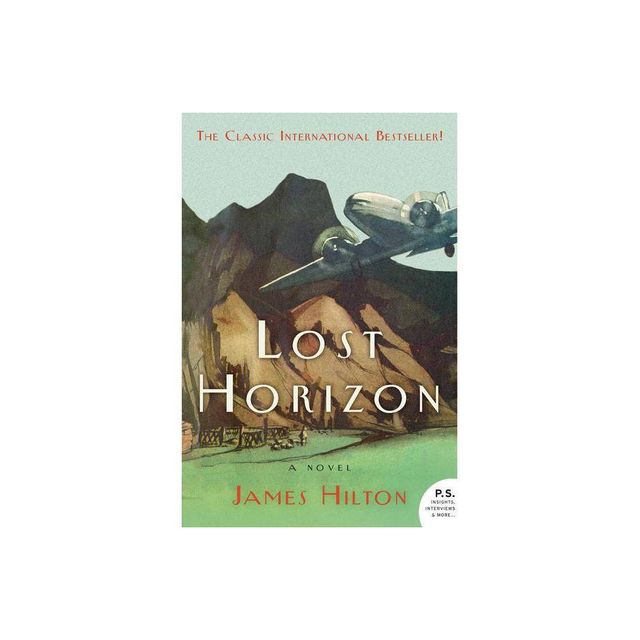Home
From El Dorado to Lost Horizons: Traditionalist Films the Hollywood Renaissance, 1967-1972
Loading Inventory...
Barnes and Noble
From El Dorado to Lost Horizons: Traditionalist Films the Hollywood Renaissance, 1967-1972
Current price: $34.95


Barnes and Noble
From El Dorado to Lost Horizons: Traditionalist Films the Hollywood Renaissance, 1967-1972
Current price: $34.95
Loading Inventory...
Size: Paperback
*Product Information may vary - to confirm product availability, pricing, and additional information please contact Barnes and Noble
The era known as the Hollywood Renaissance is celebrated as a time when revolutionary movies broke all the rules of the previous "classical" era as part of the ferment of the late 1960s and early 1970s. Yet many films during this era did not overtly smash the system but provided more traditional entertainment, based on popular genres, for a wider audience than the youth culture who flocked to more transgressive fare. Ken Windrum focuses on four genres of traditionalist movies—big-budget musicals, war spectacles, "naughty" sex comedies, and Westerns.
From El Dorado to Lost Horizons
shows how even seemingly innocuous, family-oriented films still participated in the progressive aspects of the time while also holding a conservative point of view. Windrum analyzes representations of issues including gender roles, marriage, sexuality, civil rights, and Cold War foreign policy, revealing how these films dealt with changing times and reflected both status quo positions and new attitudes. He also examines how the movies continued or deviated from classical principles of structure and style. Windrum provides a counter-history of the Hollywood Renaissance by focusing on a group of important films that have nevertheless been neglected in scholarly accounts.
From El Dorado to Lost Horizons
shows how even seemingly innocuous, family-oriented films still participated in the progressive aspects of the time while also holding a conservative point of view. Windrum analyzes representations of issues including gender roles, marriage, sexuality, civil rights, and Cold War foreign policy, revealing how these films dealt with changing times and reflected both status quo positions and new attitudes. He also examines how the movies continued or deviated from classical principles of structure and style. Windrum provides a counter-history of the Hollywood Renaissance by focusing on a group of important films that have nevertheless been neglected in scholarly accounts.
